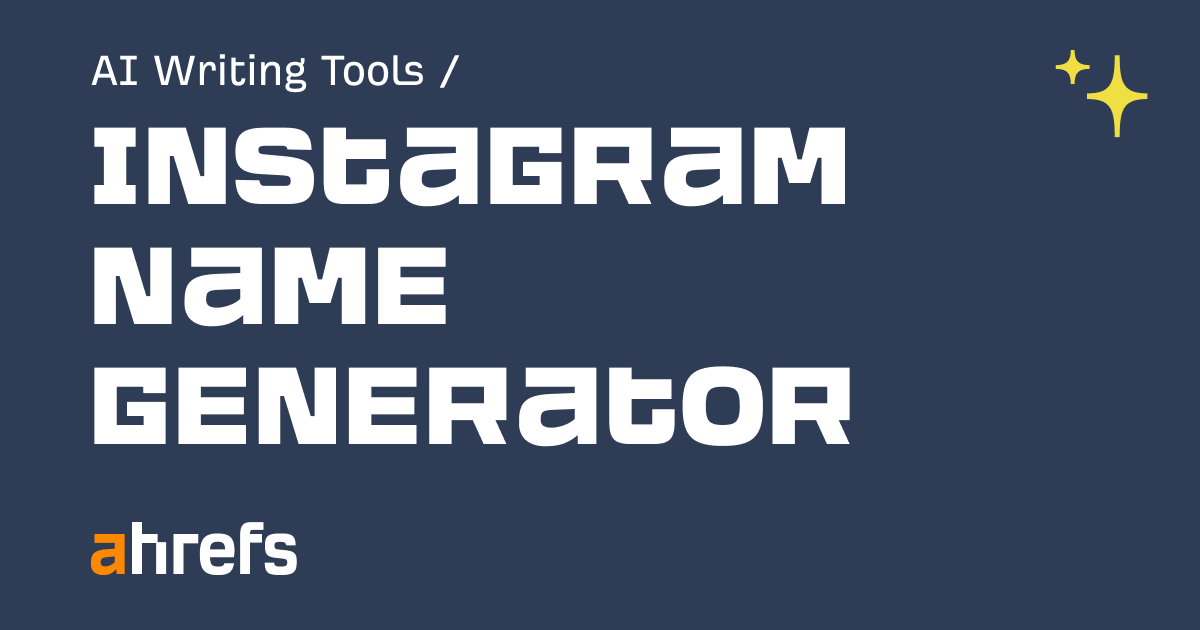Cashback Sales Promotion Deals
In the ever-evolving landscape of retail and e-commerce, one strategy has consistently proven its worth in attracting customers and driving sales: cashback sales promotion deals. Cashback offers give customers a percentage of their purchase back, either as cash, credit, or other rewards, providing an immediate and tangible incentive to make a purchase. This approach has become a staple in the marketing arsenal of businesses across various sectors, from fashion and electronics to travel and dining.
The Psychology Behind Cashback Appeals
At the heart of the appeal of cashback deals lies a fundamental aspect of consumer psychology: the desire for value and savings. When consumers perceive that they are getting a good deal, they are more likely to feel positive about their purchasing decision and the brand offering the deal. Cashback promotions tap into this psychology by providing a clear, quantifiable benefit that customers can understand and appreciate. Unlike discounts, which reduce the upfront cost, or loyalty programs, which offer rewards over time, cashback deals give consumers a direct monetary return on their purchases, making the transaction feel more rewarding.
How Cashback Deals Work
The mechanics of a cashback deal can vary depending on the retailer, the platform offering the cashback, and the terms of the promotion. Typically, a customer makes a purchase through a specific link or portal, such as a cashback website or app, which tracks the transaction. A percentage of the purchase amount is then credited back to the customer, usually after a verification period to ensure the purchase was not returned or canceled. This process is facilitated by cashback platforms that partner with thousands of retailers to offer their users a wide range of deals across different categories.
Benefits for Consumers and Businesses
For consumers, the primary benefit of cashback deals is obvious: they offer a way to save money on purchases they might have made anyway. Additionally, cashback platforms often provide price comparisons, coupons, and exclusive deals, further enhancing the shopping experience. For businesses, the advantages are more nuanced but equally significant. Cashback promotions can drive sales by making products more appealing during slower periods or for inventory that needs to be cleared. They can also help businesses reach a wider audience, as cashback platforms have large user bases actively looking for deals. Furthermore, because cashback rewards are typically a percentage of the sale, they can be a more controllable marketing expense compared to fixed discounts.
Comparative Analysis: Cashback vs. Other Promotions
When considering promotional strategies, businesses often weigh the effectiveness of cashback deals against other types of promotions, such as discounts, buy-one-get-one-free (BOGO) offers, and loyalty programs. Cashback deals have a unique advantage in their simplicity and direct monetary reward. Unlike discounts, which can erode profit margins and make products seem cheaper, cashback deals preserve the product’s perceived value while still providing a tangible incentive. Compared to loyalty programs, which reward long-term customer behavior, cashback deals offer an immediate payoff, which can be particularly appealing to new customers or for one-time purchases.
Technical Breakdown: Implementing Cashback Deals
Implementing a cashback deal requires careful consideration of several technical and logistical aspects. Businesses must integrate their sales tracking systems with those of the cashback platform, ensuring accurate attribution of sales and timely crediting of rewards to customers. This often involves working with affiliates or using specific APIs (Application Programming Interfaces) provided by the platform. Additionally, clear communication of the deal’s terms, including any exclusions, minimum purchase requirements, or waiting periods for the cashback, is crucial to maintaining customer trust and satisfaction.
Decision Framework: Should Your Business Offer Cashback Deals?
When deciding whether to incorporate cashback deals into your marketing strategy, consider the following criteria: - Target Audience: Are your customers price-sensitive and likely to be attracted to cashback offers? - Product Margin: Can your business absorb the cost of offering cashback without significantly affecting profitability? - Competition: Are your competitors already using cashback deals, and could offering them help you stay competitive? - Customer Retention: Could cashback deals be part of a broader loyalty strategy to retain customers over time?
Future Trends Projection: The Evolution of Cashback
As the retail landscape continues to evolve, driven by technological advancements and changing consumer behaviors, the concept of cashback is likely to adapt. We can expect to see more personalized cashback offers, leveraging data analytics and AI to provide customers with deals that are highly relevant to their shopping habits and preferences. Additionally, the integration of cashback with other loyalty and rewards programs could become more prevalent, offering customers a more holistic and rewarding shopping experience. The rise of mobile commerce and social commerce may also lead to new formats for cashback deals, such as instant cashback or social media-exclusive offers.
Myth vs. Reality: Common Misconceptions About Cashback Deals
One common misconception about cashback deals is that they inherently devalue products or train customers to wait for deals rather than paying full price. While it’s true that frequent use of cashback deals can condition customers to expect discounts, strategically implemented cashback promotions can actually increase average order value and customer loyalty when part of a well-rounded marketing strategy. Another myth is that cashback deals are only beneficial for customers, when in fact, they offer businesses a flexible and measurable way to drive sales and gather valuable customer data.
Resource Guide: Top Cashback Platforms for Businesses and Consumers
For businesses looking to offer cashback deals and for consumers seeking to maximize their savings, the following are some of the top cashback platforms: - Rakuten (formerly known as Ebates): Offers cashback at over 2,500 stores. - TopCashback: Provides cashback at thousands of retailers, often with competitive rates. - BeFrugal: Combines cashback with coupons and exclusive deals for enhanced savings. - Ibotta: Focuses on grocery and household items, offering rebates on everyday purchases.
FAQ Section
How do cashback deals work for online purchases?
+Cashback deals for online purchases typically involve shopping through a specific link or portal that tracks your transaction. After making a purchase, a percentage of the amount is credited back to you, often after a verification period to ensure the purchase isn't returned or canceled.
Can I use cashback deals in combination with other discounts or coupons?
+It depends on the terms and conditions of the specific cashback deal and the other discounts or coupons. Some cashback platforms allow stacking, where you can use multiple savings methods on a single purchase, while others may restrict this practice. Always check the details before making a purchase.
How long does it take to receive cashback rewards?
+The time to receive cashback rewards varies among platforms but typically ranges from a few days to several weeks after the purchase, depending on the return policy of the store and the cashback platform's processing time. Some platforms may offer instant cashback or expedited payouts for certain purchases or loyalty program members.
Are cashback deals only available for online shopping?
+No, while many cashback deals are tailored for online shopping, some platforms and apps also offer cashback for in-store purchases. These often involve linking a credit or debit card to the cashback app or scanning receipts after shopping.
Do cashback deals affect the warranty or return policy of a product?
+Generally, cashback deals do not affect the warranty or return policy of a product. You still purchase directly from the retailer, so their policies regarding returns, exchanges, and warranties remain unchanged. However, it's always a good idea to review the terms of both the cashback offer and the retailer's policies to understand any potential implications.
In conclusion, cashback sales promotion deals have emerged as a powerful tool for both businesses and consumers, offering a tangible incentive for purchases and a way to drive sales and customer loyalty. As the retail and marketing landscapes continue to evolve, the strategic use of cashback deals, both online and offline, will remain an essential component of a comprehensive marketing strategy aimed at attracting and retaining customers in a competitive marketplace.

